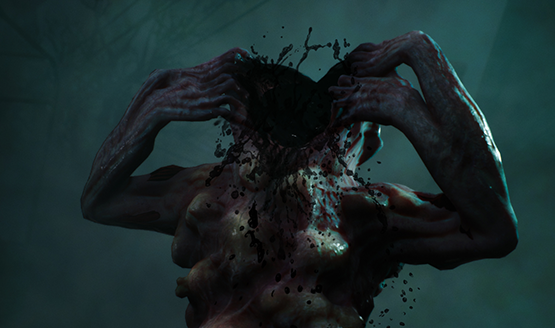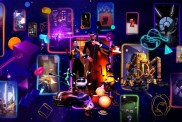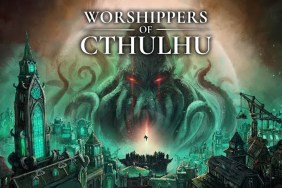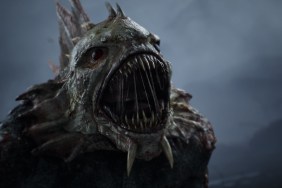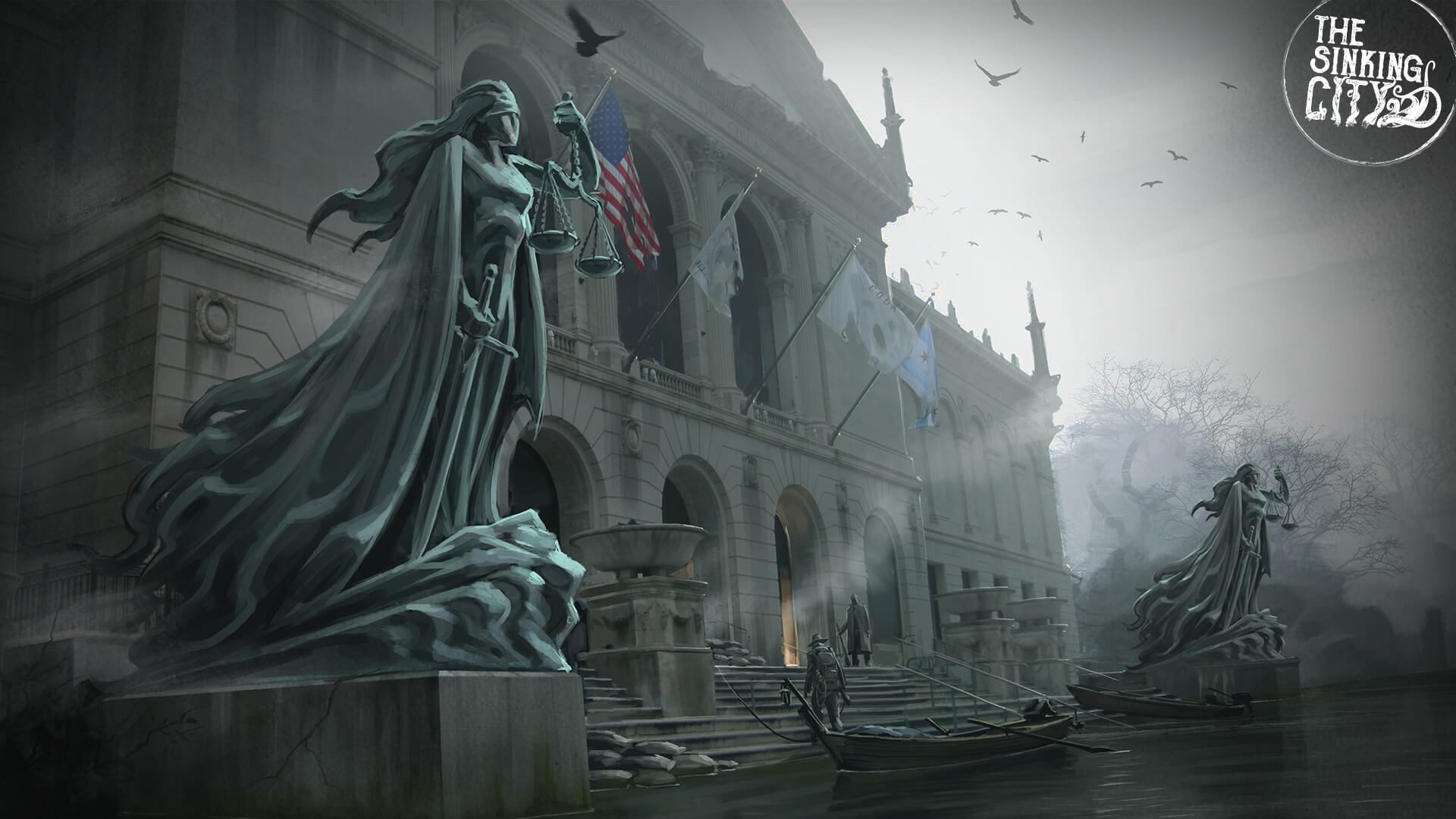
In Part 1 of this longform thought-spew on why The Sinking City has the potential to be the best Lovecraftian game in years, I briefly spoke about the shortcomings of Call of Cthulhu and Frogwares’ basis for their own 2018 Lovecraftian video game—The Sinking City. While that piece was very much about the ideas that went into shaping The Sinking City, this one will talk about the game mechanics that will make Frogwares’ vision concrete, allowing for the game’s potential to be fully realized.
Call of Cthulhu‘s mechanics were relatively simplistic, making it seem more like a point-and-click adventure than anything else. This isn’t a bad thing; I’m actually a huge fan of point-and-clicks. With Lovecraft, though, you’ve really got room to experiment. Frogwares are keen to indulge in the experimentation the source material affords them. They told Chandler:
That’s why we’re pushing this idea of “Open Investigation” which basically means the game won’t hold your hand. There are no quest markers on the minimap, no checklist of clues you need to find revealed at the start of a quest, etc.
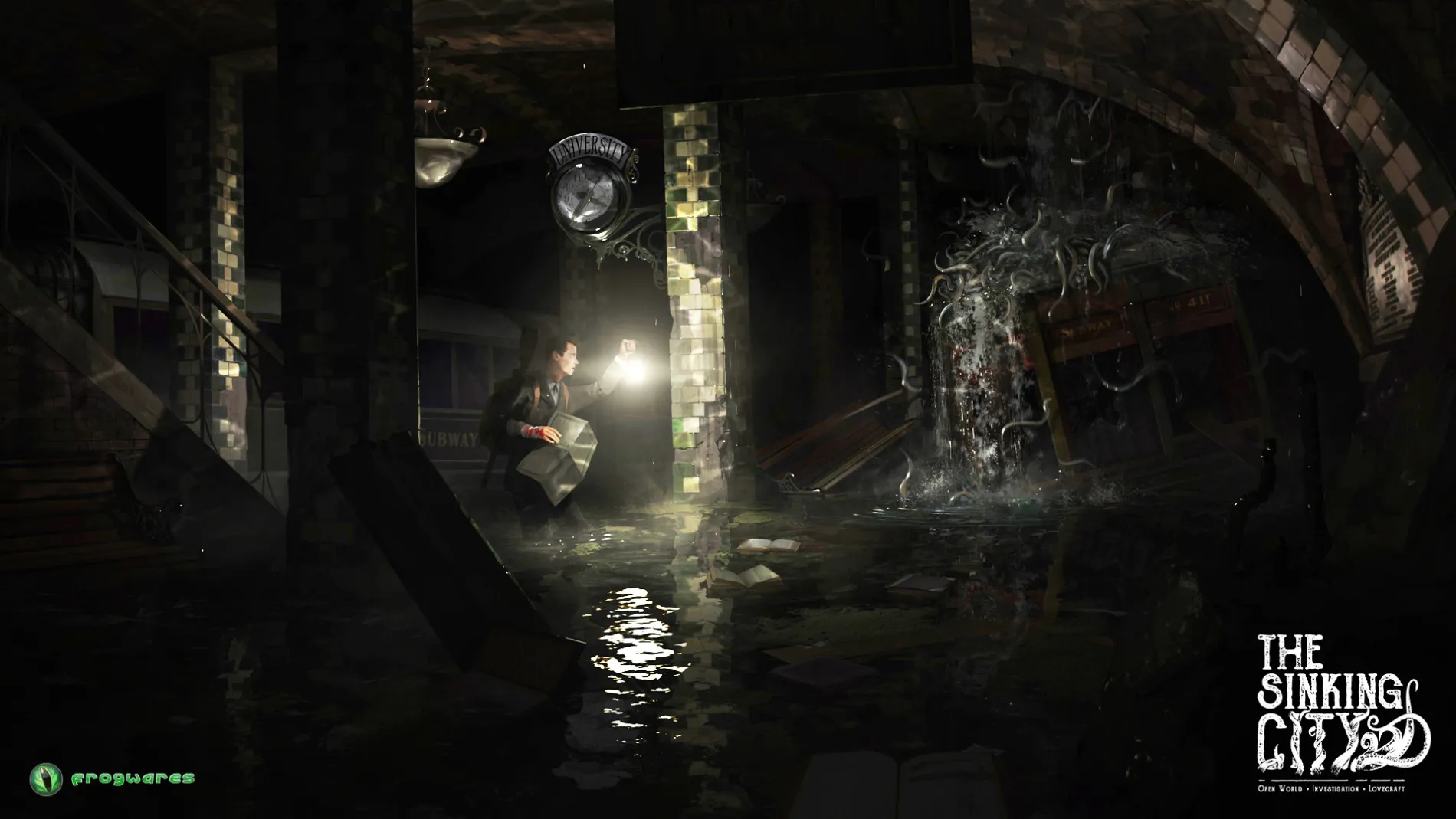
This reductionist approach to game mechanics limits the abilities the player has at their disposal, which accentuates the degree of powerlessness that the Lovecraftian IP is traditionally known for. In order for cosmic horror to truly work, insignificance and inability are key. The player, though, will be able to stitch clues together in order to pursue the mystery embedded in the game’s core story. Amidst chaos, the player must strive to solve a mystery using their own rationality, but chaos and rationale are miscible in Lovecraft. The more you know, the less you understand. The less you understand, the more insane you become. This is where the horror should lie—supposed sanity belying utter insanity.
Frogwares have incorporated an in-game mechanic designed to account for exactly this: “That’s why we have a separate sanity meter, which goes down every time you see something disturbing. When it drops, our hero begins to see visions, phantom enemies, and flashbacks from his past; the environment changes, too.” Call of Cthulhu features hallucinogenic sequences and the occultism branch on the (pointless) skill-tree does increased as the game progresses given certain prerequisites, but the sanity meter—although jaded at face value—has the potential to be an excellent in-game way of explaining the psychological state of the protagonist. Bloodborne’s insight executed a similar idea to great success, as stronger, more horrific enemies spawned if you had a high amount of insight. Conversely, some fights—like the Witch of Hemwick—are comically easy if your insight is lower, as you’re not yet sufficiently in-tune with reality and can’t see beneath the deceptive veil of familiarity encompassing it.
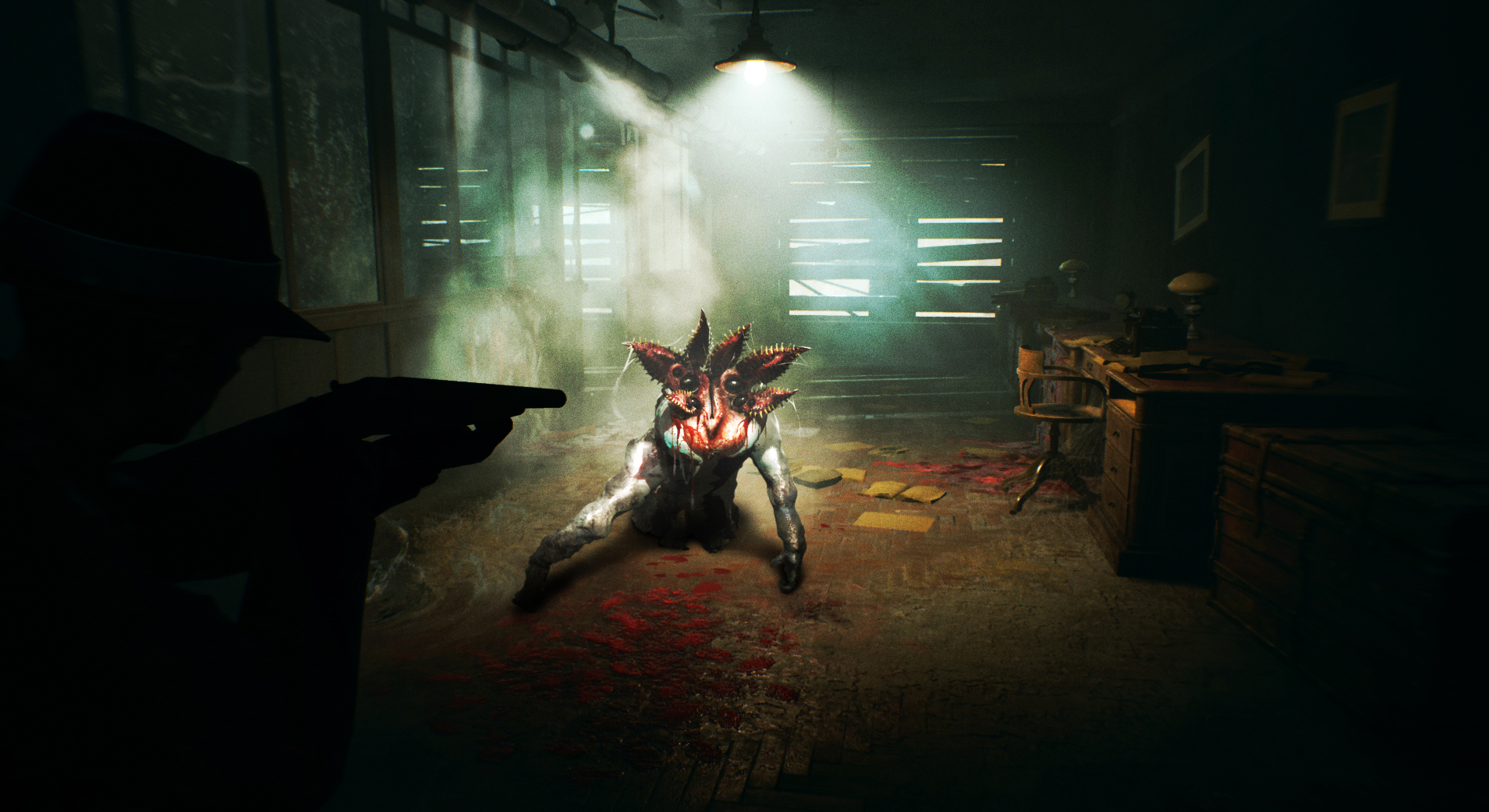
Frogwares has another ambitions in relation to mechanics, too. “Features wise, we are building upon a few we created in Sherlock, like the reconstruction of events, the mind palace, and the idea that investigation games don’t need to hold your hand or the player will give up after five minutes and leave.” Lovecraftian tales are slow-burning, so the conviction to forego a narrative laden with gratuitous cliff-hangers and “what the?!” moments in favor of one in which the player is tasked with patient discovery sets the tone for a successful narrative in line with the source material. As mentioned in the previous article, Frogwares intends to draw from a plethora of Lovecraft’s works, so tone is the most important thing to get right here. It’s not a direct adaptation of any single text and intends to direct its own narrative, so it’s the world itself that needs to be utterly Lovecraftian.
Frogwares expanded on the application of the investigatory mechanics, saying: “So through reasoning or even trial and error, the player is able to grasp what are the ways the game lets them collect, organize and solve clues. If it makes sense and the systems are fun to use, it will keep the player engaged.” The thing is, making sense is necessary before unmaking sense. Having a player use genuine deduction with a limited arsenal of mechanics makes for a game that needs to be dealt with rationally. Pride comes before a fall, traditionally speaking, so the illusion of progress is a mandatory part of weaving chaos into apparent logic.
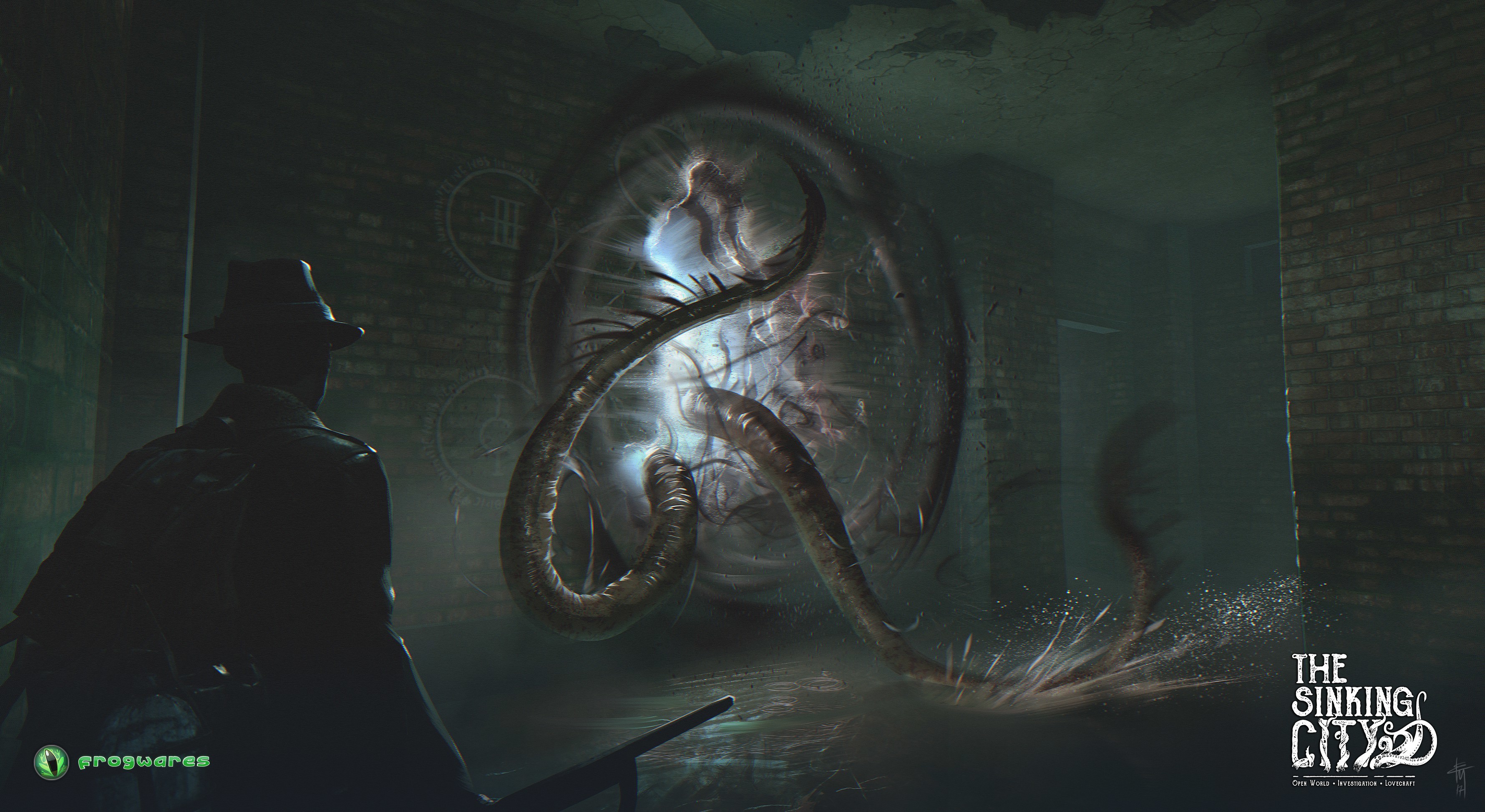
The best thing about Frogwares’ ambition, though, is that they “are not afraid to try new things.” They said, “you often don’t know if it’s a good idea or not until you at least try a prototype.” Although they discussed some mechanics, even mentioning a discarded in-game card game, it seems that there is more to come in the way of developing in-game systems for the player to use as they experience the tale of cosmic horror and chaos. It really does seem like The Sinking City has potential to be the best Lovecraftian game since 2015’s landmark Bloodborne. Here’s hoping.
